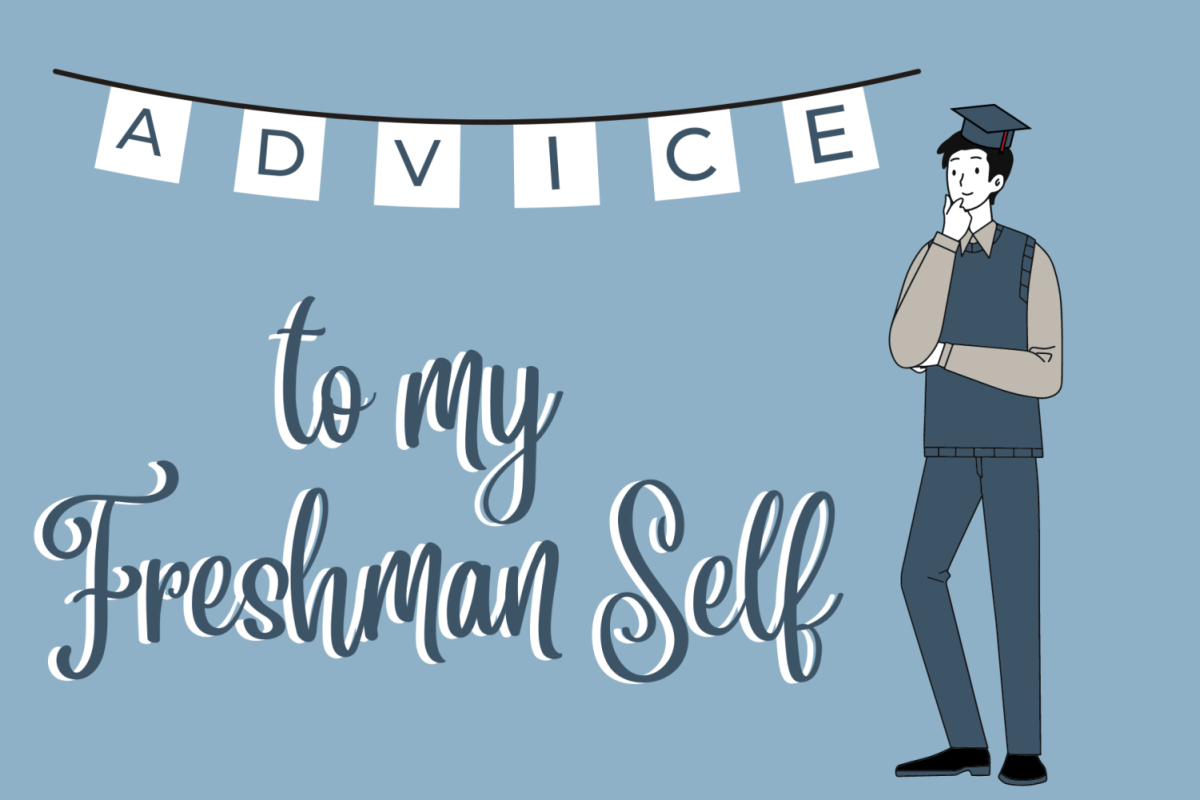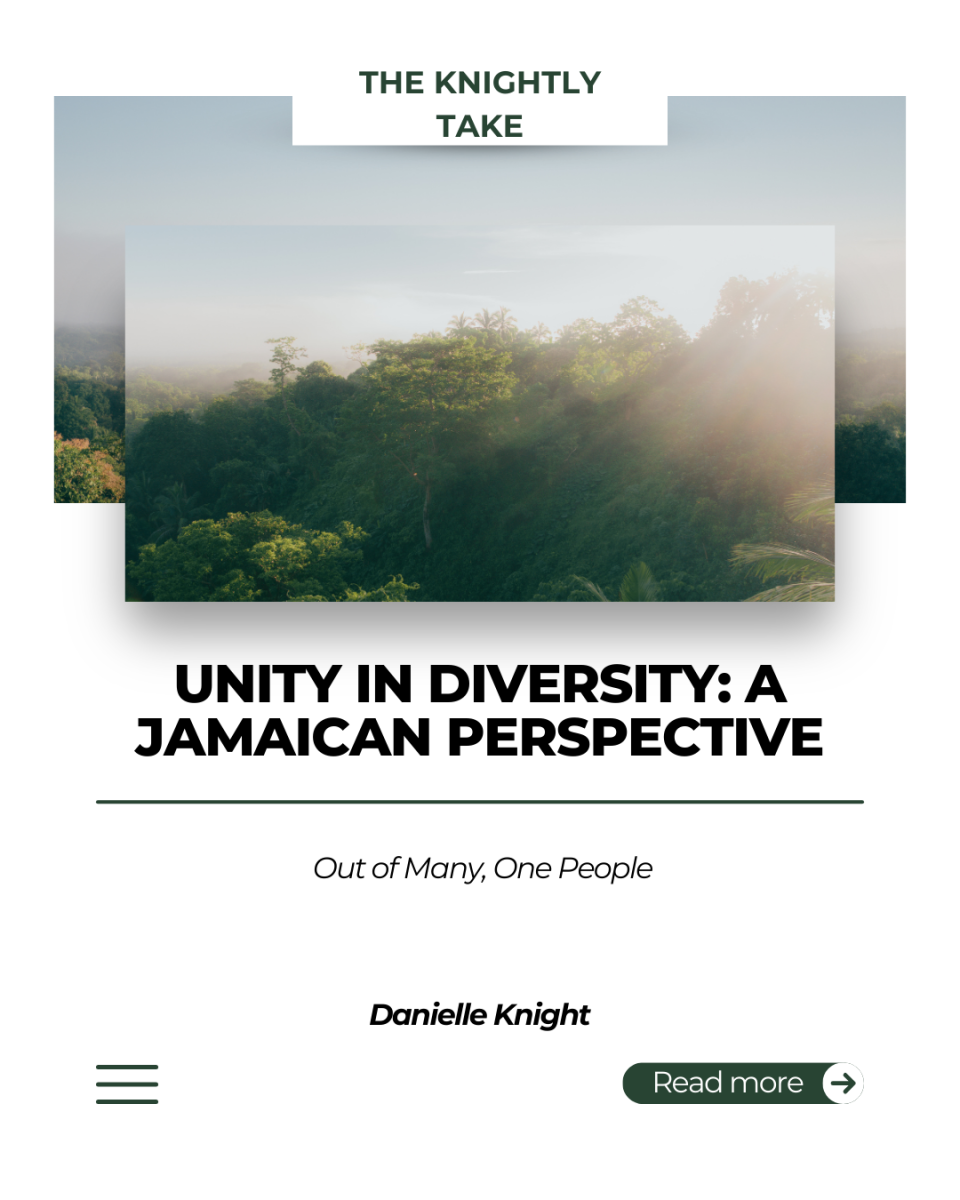In an era where breaking news and trending reports are just a click away and social media feeds refresh every second, it’s really hard to avoid the constant bombardment of headlines. We currently live in a world where the news cycle is never ending, and the streams of information being put out seems designed to keep us constantly on edge. From natural disasters to political wars, it feels like there’s always something devastating occurring, something that we need to know about, immediately.
But at what cost? The constant flood of breaking news and crazy stories are taking a toll on our mental health. Anxiety is on the rise more than ever, and “doomscrolling” has become a common term for the habit of scrolling nonstop through news updates, despite the emotional toll that it can take on one’s mental health.
What was once a tool for staying informed has transformed into a source of stress and fatigue.
We can all agree that staying informed is crucial and necessary, but is there a point where it becomes too much and overwhelming? Is consuming breaking news 24/7 an absolute requirement for understanding the world, or does it leave us feeling overwhelmed and helpless?
In this column, I’ll explore the psychological impacts of being overloaded with information and how we can find a healthy balance between staying informed and protecting our mental health. Because in a world where information is accessible everywhere, the real question to ask might be: How much do we really need to know?
The Rise of 24/7 News and Its Impact
A few decades ago, we were used to a clear, structured news cycle, morning papers, evening broadcasts, and sometimes the special report if it was a particular day. The 24-hour news cycle didn’t exist yet, and people had time to process information before the next big story emerged. Fast forward to today, and the trajectory has changed completely.
The rise of social media platforms like Twitter, Instagram, and TikTok has made the speed of news much faster. News updates are no longer neatly packaged in little bits and portions, we get raw footage, live updates, and breaking alerts in real time. This means we’re bombarded with stories from all over the world, many of which are distressing and emotionally triggering. Every update seems urgent, and it feels like we must react or risk being left out of the conversation.
While this constant flow of information does keep us in the loop, it also creates an underlying pressure. The fear of missing out, or FOMO, has transformed from missing social events to missing crucial news stories. We find ourselves superglued to our phones, trying to keep up with every headline, video, and tweet. But is this really the best way to stay informed, or are we just intensifying our anxiety?
Where Do We Find Balance?
So where do we go from here? How can we regain control of our situations? Boundaries. We need to be more mindful and intentional about how, why, and when we consume news. Here are a few tips and strategies:
Set time limits: instead of scrolling for hours, set a specific time purposefully for checking news. It can be during your get ready routine or during your nightly summary.
Take news breaks: sometimes taking a pause from all the news is helpful and necessary. Even if it’s for a few hours, this detox will clear your mind from all the news related thoughts and help you focus on other important tasks.









